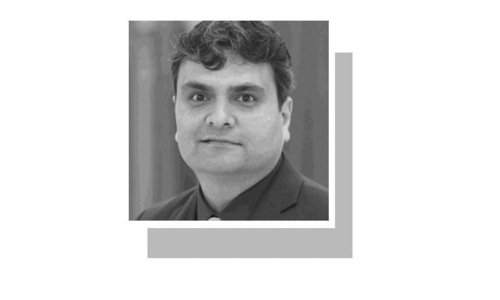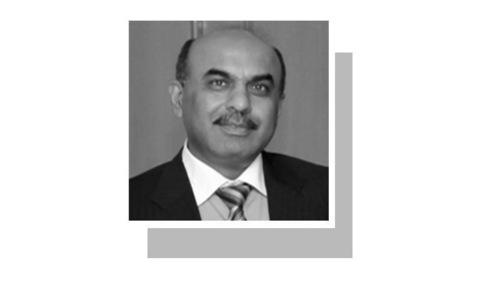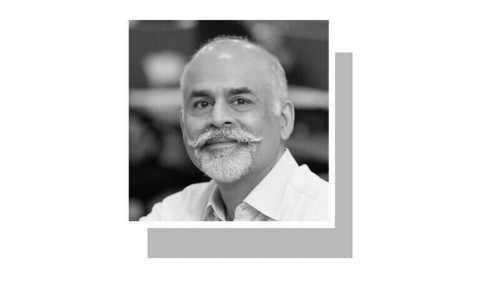AMONGST the many tragedies that have afflicted Karachi over the decades — such as crime, terrorism and urban blight — the city’s solid waste problem is assuming crisis proportions.
In neighbourhoods across the city — from the enclaves of the elite to the sprawling urban slums — there are mounds of garbage piling up everywhere, with the provincial government and municipal authorities at sea about how to solve the problem.
The new Sindh chief minister has made statements about how he wants Karachi cleaned up; but beyond well-intentioned words, the city’s residents want to know whether the rulers have any real plan to combat the garbage menace.
As urban planners point out, there is no reliable data about the amount of solid waste the metropolis generates on a daily basis, though estimates suggest it runs into thousands of tonnes.
Much of the waste ends up in dumps, alleyways and open spaces where it remains for weeks if not longer, while some of it is burnt in bonfires that unleash a vile miasma that chokes the entire locality.
Surely, Karachi deserves better. Though this situation has persisted for decades, it has become worse over the past few years; state-sponsored cleanliness drives have produced no lasting results.
Experts say the problem is that the state does not treat waste management in a holistic manner.
For example, while statements about lifting garbage will be made, it is unclear how it will be ultimately disposed of. Waste disposal and treatment is a linked exercise, from garbage generation to disposal, and must be addressed in a systematic way.
Moreover, the state should realise that garbage collection will not only result in a cleaner city, it can also result in revenue through energy generation, creating compost from organic waste, recycling material etc.
A proper plan overseen by elected local governments — accompanied by a campaign sensitising citizens about proper waste-disposal methods — should be the government’s top priority; if need be, the model of other cities, such as Lahore, can be studied.
Published in Dawn, August 12th, 2016











































